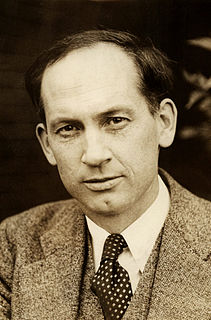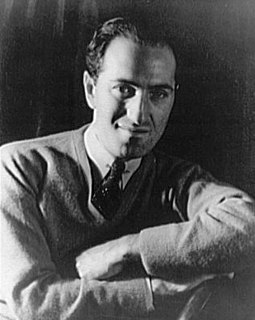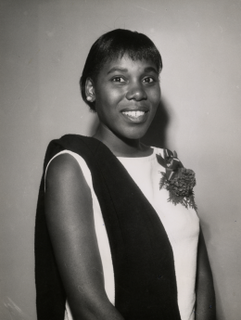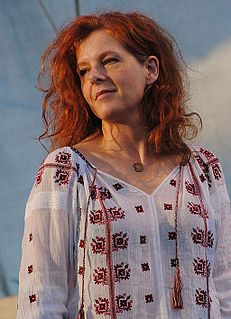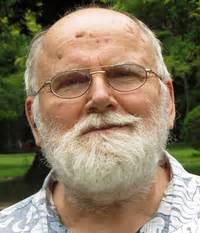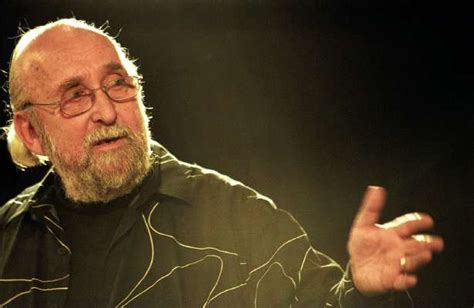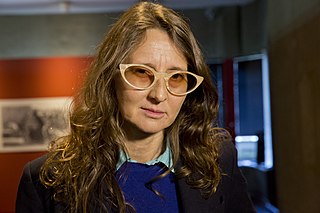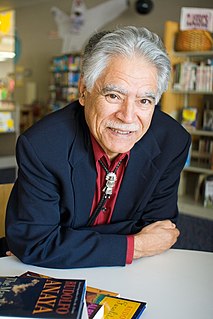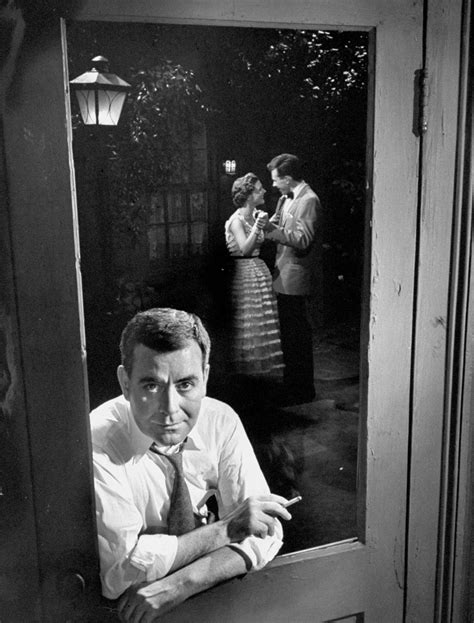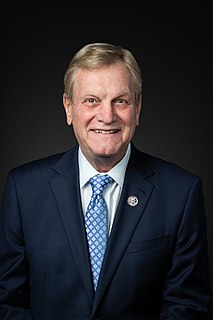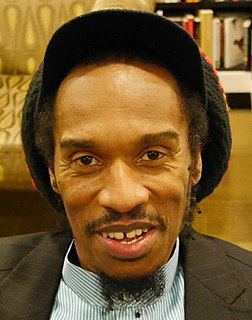Top 1200 Oral Tradition Quotes & Sayings
Explore popular Oral Tradition quotes.
Last updated on December 3, 2024.
I made some friends at Listerine and they taught me a little bit about oral care. That half of adults suffer from oral disease, that the number one chronic disease among children is oral disease, that we're only taking care of 25% of our mouths when brushing alone and there are more germs in your mouth than there are people on the planet.
Gershwin's melodic gift was phenomenal. His songs contain the essence of New York in the 1920s and have deservedly become classics of their kind, part of the 20th-century folk-song tradition in the sense that they are popular music which has been spread by oral tradition (for many must have sung a Gershwin song without having any idea who wrote it).
I grew up in Sierra Leone, in a small village where as a boy my imagination was sparked by the oral tradition of storytelling. At a very young age I learned the importance of telling stories - I saw that stories are the most potent way of seeing anything we encounter in our lives, and how we can deal with living.
Americans, more than any other culture on earth, are cookbook cooks; we learn to make our meals not from any oral tradition, but from a text. The just-wed cook brings to the new household no carefully copied collection of the family's cherished recipes, but a spanking new edition of 'Fannie Farmer' or 'The Joy of Cooking'.
It is suggested that all written works, including this one, have dangerous implications to the vitality of an oral tradition and to the health of a civilization, particularly if they thwart the interest of a people in culture, and following Aristotle, the cathartic effects of culture. "It is written but I say unto you" is a powerful directive to Western civilization.
The Americans are violently oral. That's why in America the mother is all-important and the father has no position at all -- isn't respected in the least. Even the American passion for laxatives can be explained as an oral manifestation. They want to get rid of any unpleasantness taken in through the mouth.
A necessary part of our intelligence is on the line as the oral tradition becomes less and less important. There was a time throughout our land when it was common for stories to be told and retold, a most valuable exercise, for the story retold is the story reexamined over and over again at different levels of intellectual and emotional growth.
I'm saying that the domain of poetry includes both oral & written forms, that poetry goes back to a pre-literate situation & would survive a post-literate situation, that human speech is a near-endless source of poetic forms, that there has always been more oral than written poetry, & that we can no longer pretend to a knowledge of poetry if we deny its oral dimension.
The urge to break with a tradition is only appropriate when you're dealing with an outdated, troublesome tradition: I never really thought about that because I take the old-fashioned approach of equating tradition with value (which may be a failing). But whatever the case, positive tradition can also provoke opposition if it's too powerful, too overwhelming, too demanding. That would basically be about the human side of wanting to hold your own.
When tradition is thought to state the way things really are, it becomes the director and judge of our lives; we are, in effect, imprisoned by it. On the other hand, tradition can be understood as a pointer to that which is beyond tradition: the sacred. Then it functions not as a prison but as a lens.
I think there's a great storytelling tradition in the restaurant business that tends to attract people with an oral tradition of bulls - ting and bollocking. Creative people, people for whom the 9-to-5 world is not attractive or impossible. It seems that way. There are a lot of stories in the business, and a lot of characters - and it seems to attract its share of artists and writers and people who hope to do something creative in their lives.
If you read the fables, 'Beowulf,' for example, you will know something about the person who writes them, and I like that. Secondly, they will not be about individuals; they will be about community. Thirdly, they're all about moralizing. Fourthly, the way they express themselves takes its tone from the oral tradition.
The blues are important primarily because they contain the cultural expression and the cultural response to blacks in America and to the situation that they find themselves in. And contained in the blues is a philosophical system at work. And as part of the oral tradition, this is a way of passing along information.
It is hardly an exaggeration to say that oral teachers and sign teachers found it difficult to sit down in the same room without quarreling, and there was intolerance upon both sides. To say 'oral method' to a sign teacher was like waving a red flag in the face of a bull, and to say 'sign language' to an oralist aroused the deepest resentment.
I have been given something really, really special and really unique, and it is not just in and of itself having learned from my father, who is the greatest exponent of this musical style. But it is an oral tradition that is only generally passed on in that manner, and so without the people who continue to... learn it and perform it, it dies.
The president is on national TV apologizing for getting oral sex. Why didn't he just stick with his lie? You got to stick with your lie. If you lie, you have to believe that lie whole-heartedly. It has to become the truth for you. But this man, the most powerful man in the world, is on national TV apologizing for receiving oral sex. He's an idiot. There are men sitting in here right now who would gladly accept oral sex on national TV.
Those who feel guilty contemplating "betraying" the tradition they love by acknowledging their disapproval of elements within it should reflect on the fact that the very tradition to which they are so loyal—the "eternal" tradition introduced to them in their youth—is in fact the evolved product of many adjustments firmly but delicately made by earlier lovers of the same tradition.
Moreover, it is so important that people have the opportunity to share their stories and have them documented. There have been large-scale oral history projects after many events, from September 11th to Hurricane Katrina. Many oral history projects are much more confined, but equally valuable. We can learn about different working conditions, living conditions, trauma experiences and much more through oral history.
My book, Oral History: Understanding Qualitative Research is about how researchers use this method and how to write up their oral history projects so that audiences can read them. It's important that researchers have many different tools available to study people's lives and the cultures we live in. I think oral history is a most needed and uniquely important strategy.
There's been resistance to every new technology that's ever been introduced. When books came out hundreds of years ago, there were complaints that it would destroy the oral tradition. Some of those fears were justified, but it didn't stop the rise of the written word. And books have proven to be incredibly useful.
People are always saying it's the end of the Gutenberg era. More to the point, it's a return to an oral era. The Gutenberg galaxy was about the written word. At its best, the digital era is part of the rediscovery of the oral. At its worst, it's a Kafkaesque victory of the bureaucratic over the imagination.
For most of human history, 'literature,' both fiction and poetry, has been narrated, not written — heard, not read. So fairy tales, folk tales, stories from the oral tradition, are all of them the most vital connection we have with the imaginations of the ordinary men and women whose labor created our world.



